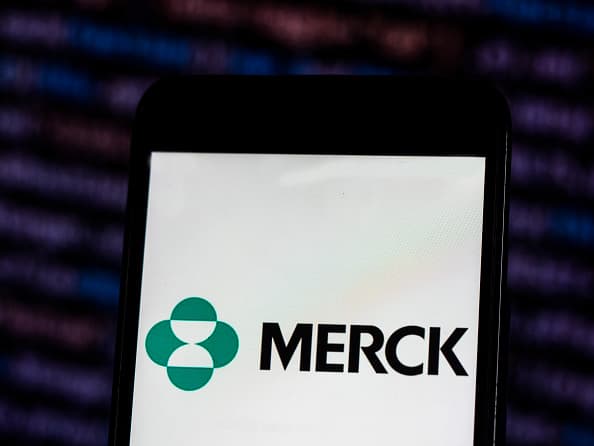Merck & Company, Inc., d.b.a. Merck Sharp & Dohme outside the United States and Canada, is an American pharmaceutical company and one of the largest pharmaceutical companies in the world.
Igor Golovniov | LightRocket | Getty Images
Merck said on Wednesday it intends to spin off its women’s health, biosimilar drugs and older products into a new publicly traded company, a move that will allow the company to focus on growth drivers like cancer drug Keytruda and vaccines.
The spin-off will reduce the number of human health products that Merck makes and sells by about 50%.
The move is a culmination of the drugmaker’s strategy of tightening its focus around a few key areas, particularly cancer, where Merck has turned Keytruda into one of the world’s best-selling drugs, Merck Chief Executive Officer Ken Frazier said in an interview.
“The whole key to this is that it allows Merck to be much more focused on its greatest growth opportunities.”
Merck, which expects to complete the transaction in the first half of 2021, said the new company will send it $8 billion to $9 billion through a special tax-free dividend. The new company is expected to have $8.5 to $9.5 billion in debt.
Merck also forecast cost savings of over $1.5 billion by 2024 after the spinoff.
The new company will have a portfolio of brands consisting of dermatology, pain, respiratory, and select heart disease drugs including Zetia and Vytorin, as well as the rest of Merck’s diversified brands.
Merck will also retain its portfolio of hospital products and animal health business.
Pfizer Inc last year said it would spin off its off-patent drugs unit with Mylan NV, a move that would leave Pfizer with its more profitable drugs such as cancer treatment Ibrance.
Merck on Wednesday also reported a fourth-quarter adjusted profit of $1.16 per share, beating analysts’ estimates of $1.15, according to IBES data from Refinitiv.
However, Keytruda sales of $3.11 billion fell below estimates of $3.24 billion, according to six analysts polled by Refinitiv.
Merck’s shares fell 1.4% before the opening bell.
